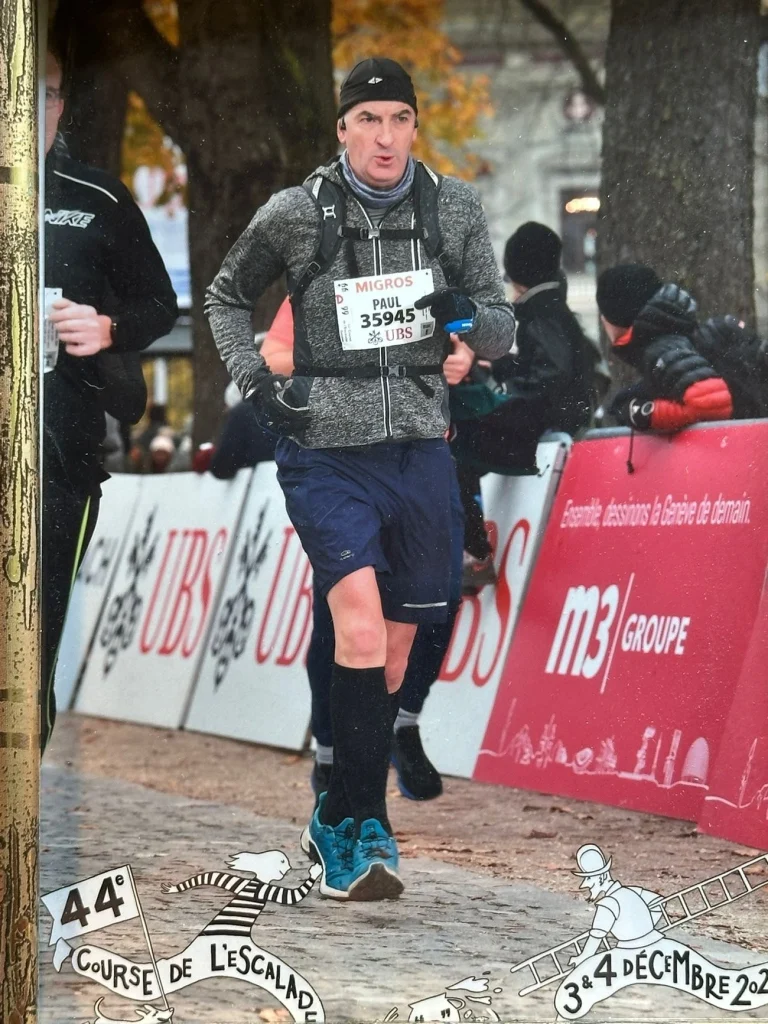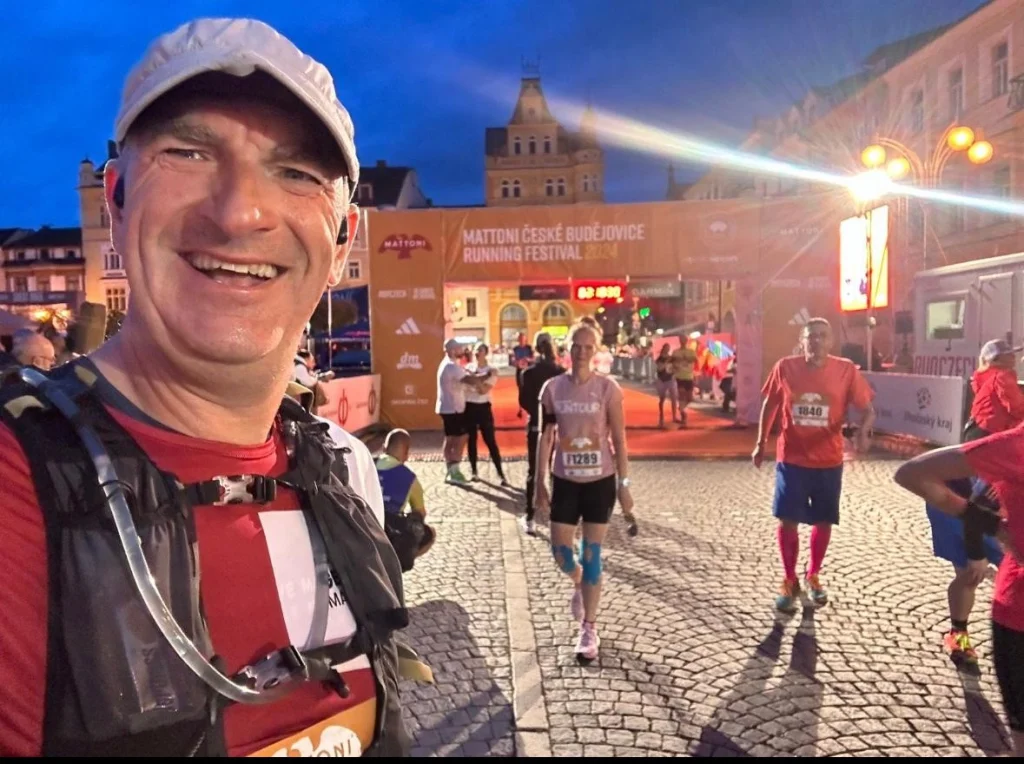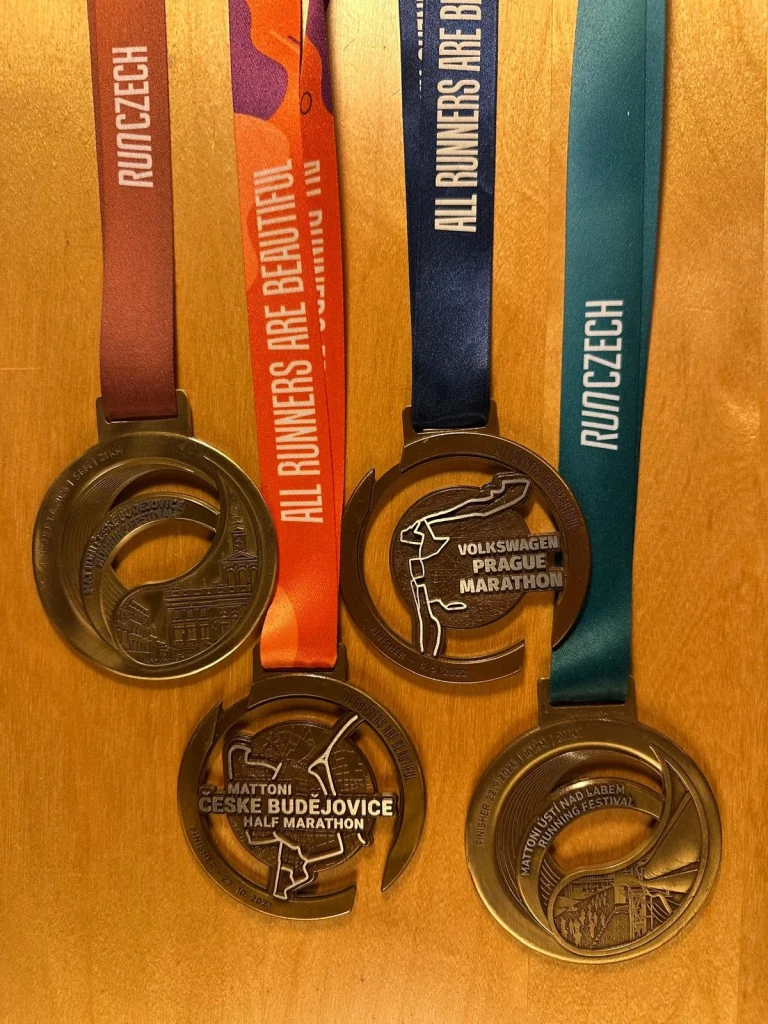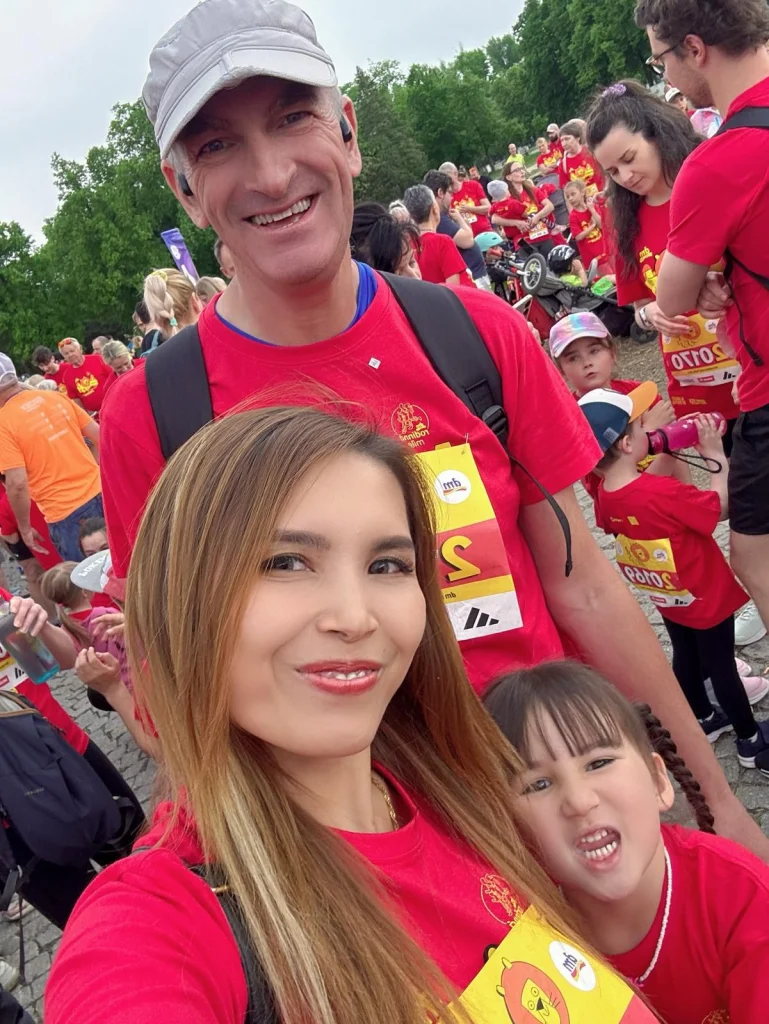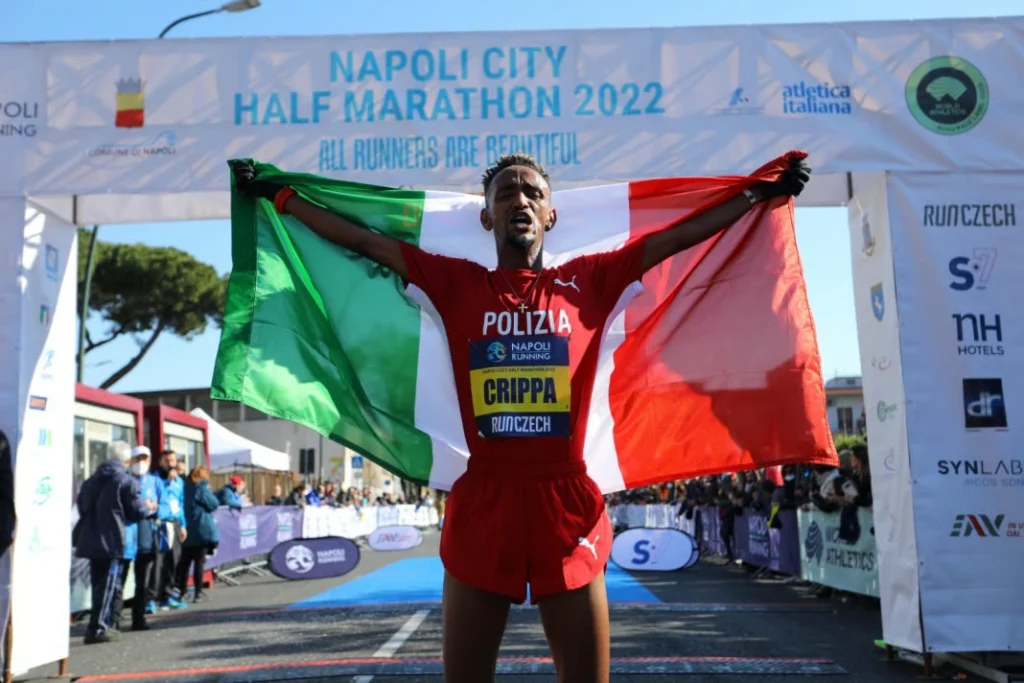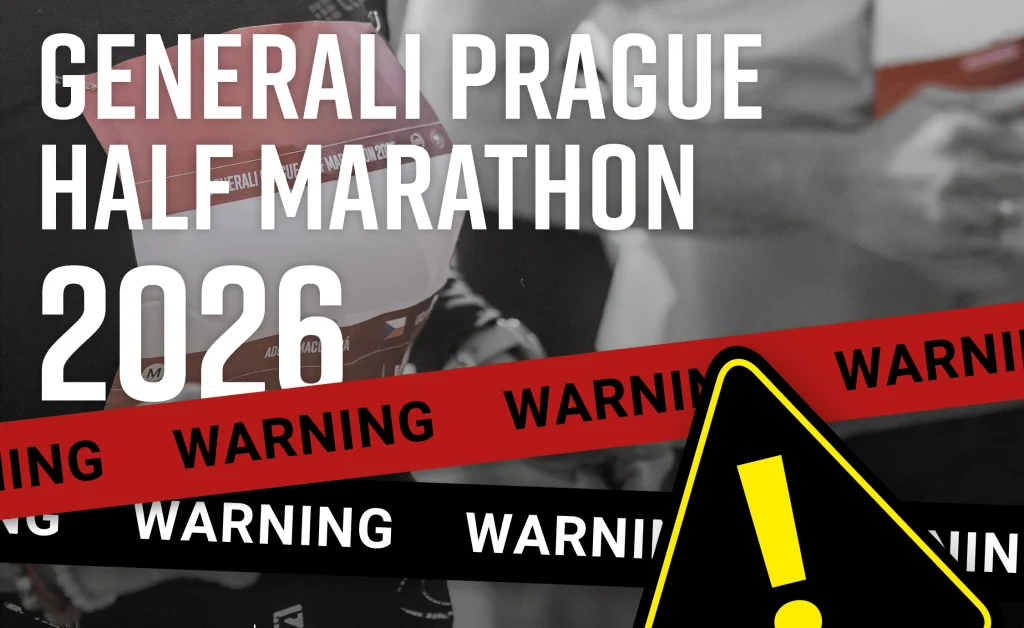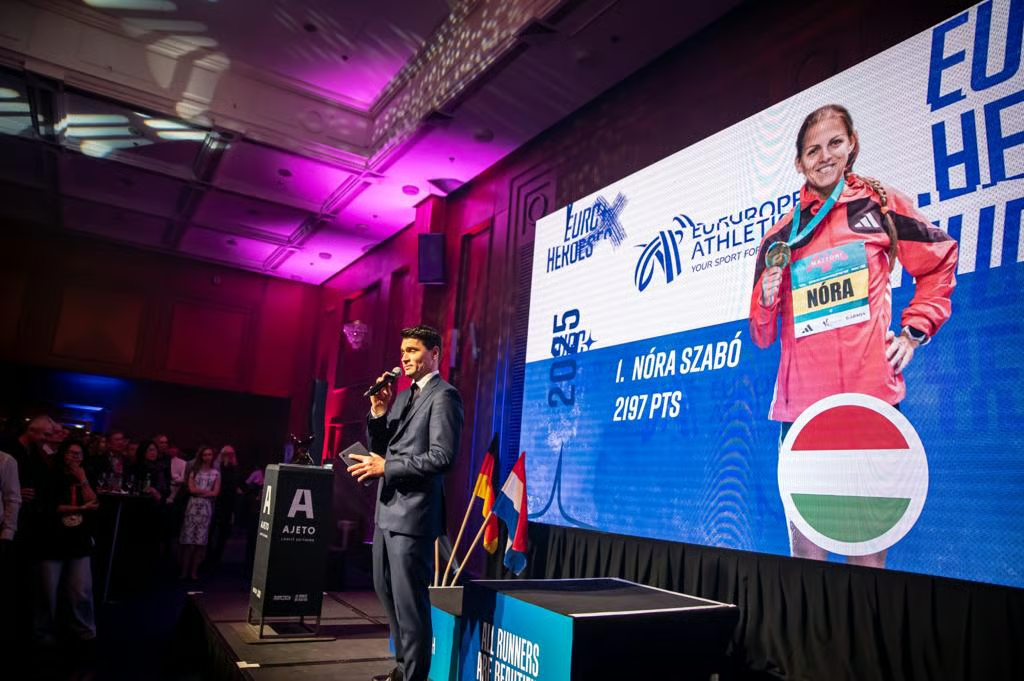Just one month after collapsing during the ORLEN Prague Marathon, Irish runner Paul is making an inspiring recovery—and already has his sights set on returning for the 2026 edition of the race. His remarkable progress follows a life-threatening cardiac arrest and a textbook emergency response that highlighted the importance of thorough preparation, advanced medical care, and seamless teamwork. RunCzech, the organizer of the ORLEN Prague Marathon, is celebrating not only another successful edition of the race, but also the extraordinary coordination and dedication that helped save a life on the course.
Out of the 63 runners who required medical attention during this year’s marathon, 11 were transported to hospital. The most serious case involved 55-year-old Irish runner Paul, who collapsed just 800 meters into the race. In a stroke of luck, it happened right in front of a medical station and ambulance. Thanks to the immediate response and seamless cooperation between Prague’s Emergency Medical Services (ZZS HMP) and the specialized team at the General University Hospital in Prague (VFN), Paul’s life was saved.
“This is a textbook example of effective coordination between pre-hospital and hospital care, utilizing an advanced extracorporeal cardiopulmonary resuscitation (ECPR) system,” said Prof. Jan Bělohlávek, Head of the 2nd Internal Clinic at the First Faculty of Medicine, Charles University, and VFN. “The speed of intervention was critical. Without this approach, the patient likely would not have survived.”
Advanced resuscitation efforts began immediately and continued throughout transport. Despite seven defibrillation attempts, Paul’s heart showed no signs of activity. It was only after his arrival at the hospital and connection to extracorporeal membrane oxygenation (ECMO) — 47 minutes later — that his heart finally resumed beating.
Subsequent examinations revealed severe coronary artery disease, which was treated via coronary angioplasty and stent implantation. After four more defibrillations, a normal heart rhythm was restored. Incredibly, Paul regained full consciousness within 48 hours. Now recovering, he is expected to make a full return to daily life.
Paul, an experienced runner and information technology consultant specializing in system changes, said running has long been his escape and a source of freedom. “Running clears my head,” he shared. “During COVID, it was the only thing I could do, and I ran a lot. It helped me stay grounded.”
He was planning to run five marathons this year—Prague was to be his third after Barcelona (16 March) and Madrid (27 March). Unaware of his underlying heart condition, Paul had trained and maintained an active lifestyle. His doctor, also a runner, later told him that it was this very endurance training that likely saved his life by strengthening his cardiovascular system.
After some time to reflect and speak with his doctors in Geneva, Paul came to the same conclusion. He now believes that running—especially marathons—played a crucial role in his survival. “My race times had been declining, but it was so gradual it didn’t raise red flags,” he said. “Running helped save me—and so did the paramedics and the incredible team behind the race, who had emergency services in exactly the right places on the day.”
His appreciation for the Prague race has only grown. “It’s so well-organized and always close to the city centre and hospital access—which really makes a difference.” Paul also now recognizes the importance of filling out the back of the race bib with personal and medical information—something he admits he overlooked but now sees as potentially life-saving.
The medical care he received, including the advanced procedures that saved his life, was fully covered under the European health insurance system.
Over 10,000 runners participated in the ORLEN Prague Marathon on Sunday, May 4. Just over half a percent required medical attention. In close cooperation with Prague EMS, RunCzech provided comprehensive medical coverage, including the GOLEM emergency unit (Medical module) at Old Town Square—equipped to deliver intensive care for up to 12 patients—medical tents at the critical locations, near the technical area and refreshment point, six ambulances along the route, three rapid-response teams, and 40 additional medical staff.
RunCzech, the event organizer, also deployed its own safety measures—first aid patrols every 2.5 km, 6 AED-equipped bike teams, and AEDs stationed throughout the start and finish zones.
“At RunCzech, it is our priority to invest in and protect our runners at the highest level.” said Carlo Capalbo, Chairman of the RunCzech Organizing Committee. “This case is a powerful reminder of why our partnership with Prague EMS, city police, and state police is so essential. Their professionalism and coordination are second to none.”
“In Prague, we’ve built one of the most advanced emergency response systems in the world,” added Zdeněk Křivánek, Deputy Director of Prague EMS. “Eight out of ten cardiac arrest victims here receive immediate bystander CPR—thanks to dispatcher-assisted instructions. This early response is what saves lives.”
Encouraged by how quickly his stamina is returning, Paul is optimistic. The initial concern that a second heart surgery might be needed has been set aside for now, thanks to encouraging signs of heart recovery.
He remains determined to return to Prague in 2026. “It’s a bit ambitious,” he admits, “but with the right training routine, it’s absolutely doable.” The ORLEN Prague Marathon once again proved that when every second counts, expert preparation, dedication, and human resilience can turn a moment of crisis into a story of survival—and hope.
